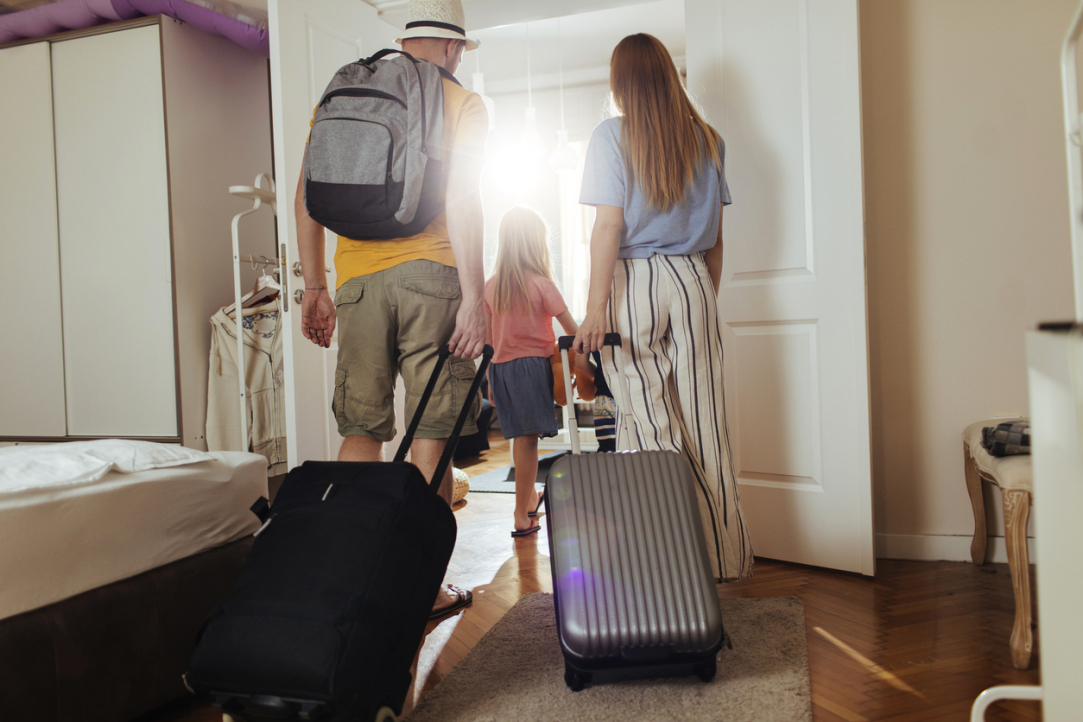HSE University Study: Domestic Travel Services Prove Their Competitiveness

HSE University’s Institute for Public Administration and Governance (IPAG) has conducted a proactive independent study of digital travel services. Based on the results of this, a rating of 40 tourism platforms was compiled. The platforms were assessed according to 75 parameters. The ratings include those platforms that, in addition to hotel booking services, provide a set of additional options for tourists, are also present in various industry lists, and are often mentioned in media reviews.
There are a lot of digital services for tourists in Russia, but only 40 of them met the methodology requirements—mostly commercial platforms owned by developed, technologically-savvy IT companies. They were assessed according to 75 parameters.

Lyaila Sinyatullina, director of IPAG’s Centre for Assessment of Executive Actions
‘We did not evaluate the content quality or the data relevance. Our focus was on functionality and a separate parameter was the service’s geography, including whether it works in Russia. We also took into account popularity, traffic, and the number of search queries in Yandex. It was important for us to understand how competitive modern Russian solutions are in comparison with developed foreign services.’
The top three positions of the ranking included the portals owned by thetechnology giants OneTwoTrip and Yandex, as well as the state-owned RUSSPASS, created by the Moscow government.
‘It turned out that in a situation where foreign companies have left, in addition to occupying this niche, government services not aimed at making a profit also showed a high degree of competitiveness,’ notes Lyaila Sinyatullina.
As the study showed, only seven out of the 40 analysed portals do not currently provide services in the Russian Federation. Eight of them work exclusively for domestic tourism. The rest offer users booking services both for Russia and abroad.
All the services provide the possibility of booking collective accommodation, and less than a third offer accommodation from private owners. 26 out of 40 platforms not only allow users to book accommodation but also provide services related to transport: 53% offer air tickets, 25% allow customersto rent a car or buy train tickets, and 30% include the ability to book an airport transfer.
Six services provide the opportunity to build your own itinerary and route, and three have the additional option of choosing audio and video guides. Customers can purchase the help of a tour operator and buy a ready-made tour on only 17 of the platforms. Options for booking cruises and MICE are poorly developed at only10% and 20%, respectively.
The option to purchase additional services is also rare. Less than a third of travel platforms allow visitors to buy travel insurance or medical services, book an excursion or tickets to cultural events, etc.
The main interaction channels between platforms and clients or users are feedback forms and social networks (more than 70% of the platforms), as well as support hotlines (61%). 34 services (85%) use their own mobile applications, mostly created for iOS and Android platforms.
Most services (83%) allow users to leave comments and rate tourist infrastructure, but only four allow users to add their own content.
‘Customer reviews were, and remain, the key capital for the market leaders who have left Russia—Booking and Airbnb. Over the course of their existence, they have accumulated a huge database of genuine ratings that are trusted by customers all over the world. To increase similar capital, Russian services will need time, but they have already managed to reach a good level,’ summed up Lyaila Sinyatullina.

